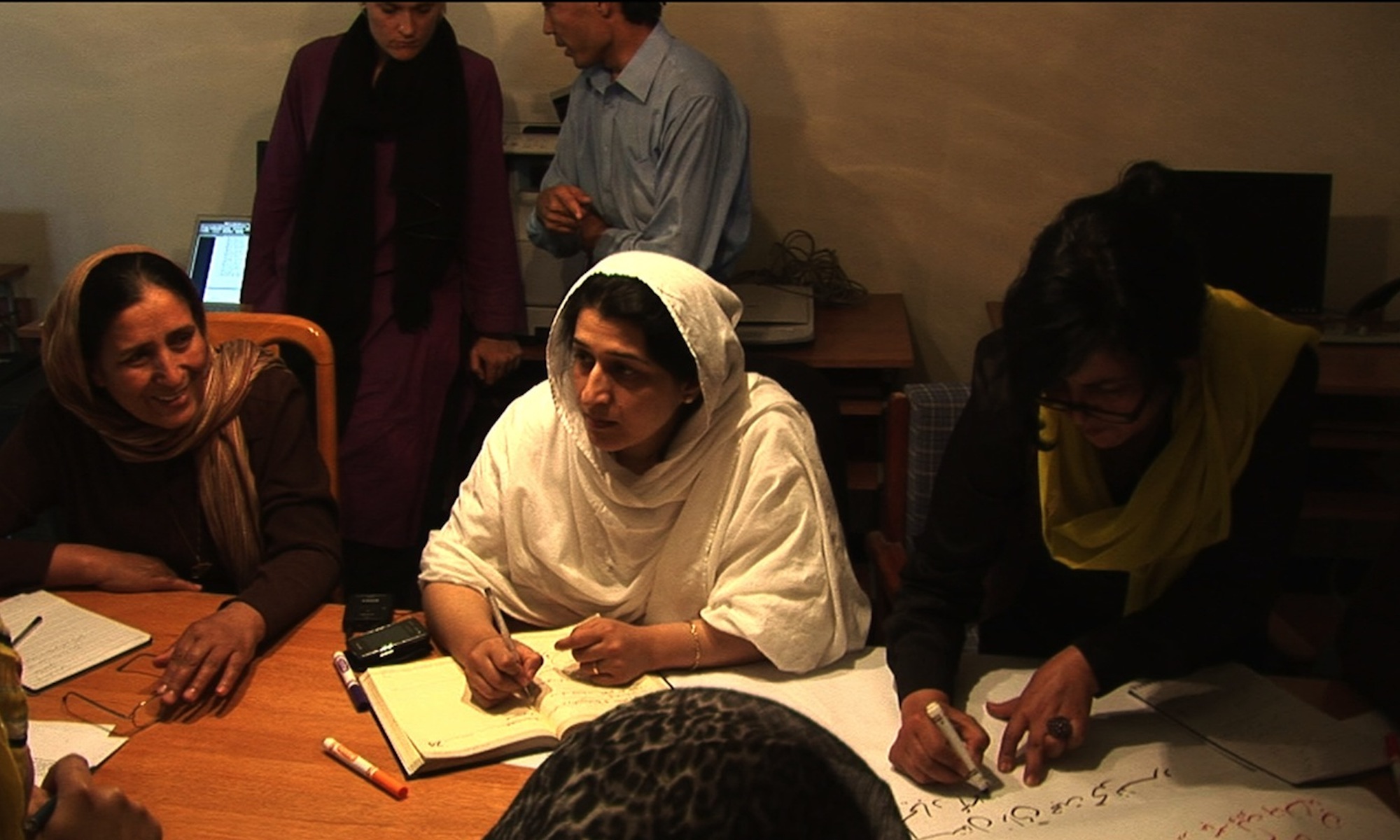Kosovo: Four Futures
The recent opinion by the International Court of Justice on the legality of Kosovo’s declaration of independence has not provided a definitive answer to Kosovo’s status. The International community remains divided. For this reason, a political solution will need to be found. Possible scenarios for the future of Kosovo include continuation of the status quo; enforcing Pristina’s full authority across all of Kosovo; partition or partial territorial readjustment between Kosovo and Serbia; or some form of extended autonomy for northern Kosovo. While each of the models has its advantages and drawbacks, on balance the case for some form of extensive autonomy or a territorial readjustment remain the most compelling options for resolving the conflict in a manner most acceptable to Belgrade and Pristina, and which would open the way for Kosovo to gain wider, if not full, international acceptance.
Microfoundations of Civil Conflict Reconciliation: Ethnicity and Context
After ethnic civil war: Ethno-nationalism in the Western Balkans
While the study of the causes of civil war is a well-established subdiscipline in international relations, the effects of civil war on society remain less understood. Yet, such effects could have crucial implications for long-term stability and democracy in a country after the reaching of a peace agreement. This article contributes to the understanding of the effects of warfare on interethnic relations, notably attitudes of ethno-nationalism. Two hypotheses are tested: first, that the prevalence of ethno-nationalism is higher after than before the war, and second, that individuals who have been directly affected by the war are more nationalist than others. The variation in ethno-nationalism is examined over time, between countries, and between ethnic groups. Three countries that did not experience conflict on their own territory serve as a control group. The effect of individual war exposure is also tested in the analysis. Sources include survey data from the former Yugoslavia in 1989, shortly before the outbreak of war in Croatia and Bosnia and Herzegovina, and in 2003, some years after the violence in the region ended. Contrary to common beliefs, the study shows that ethno-nationalism does not necessarily increase with ethnic civil war. The individual war experiences are less important than expected.
